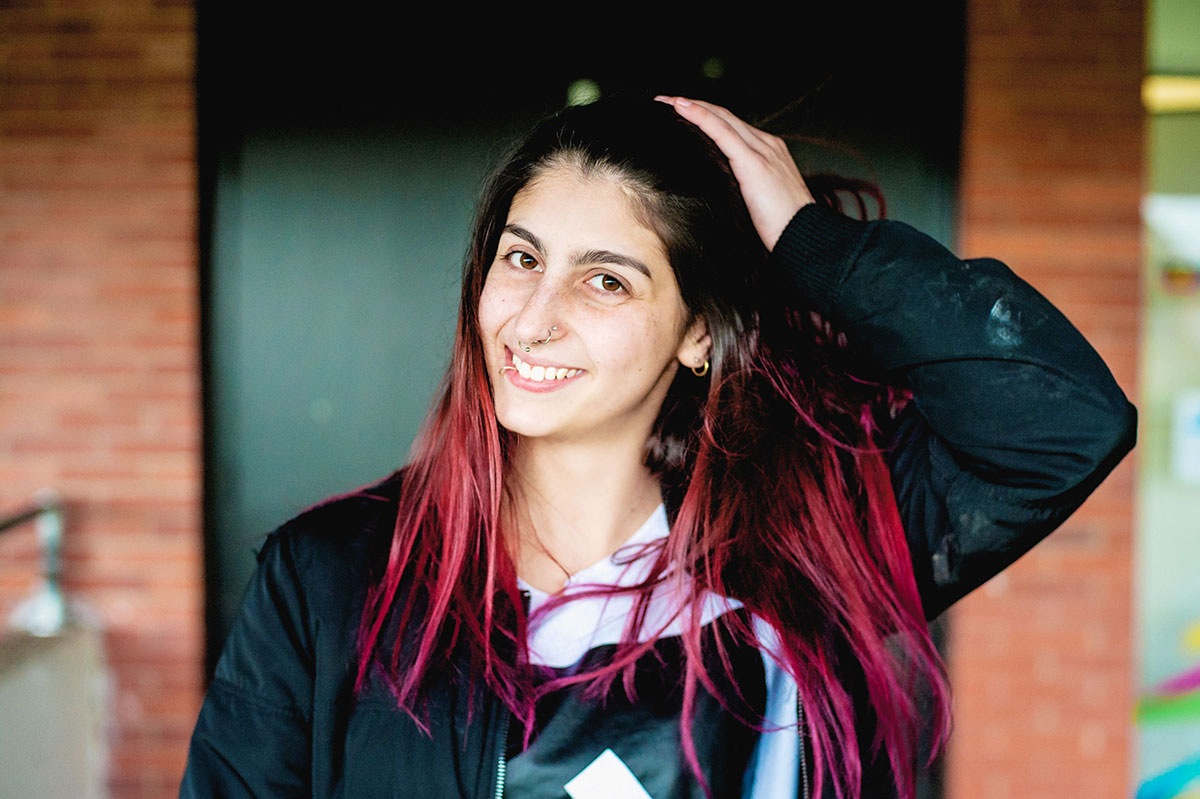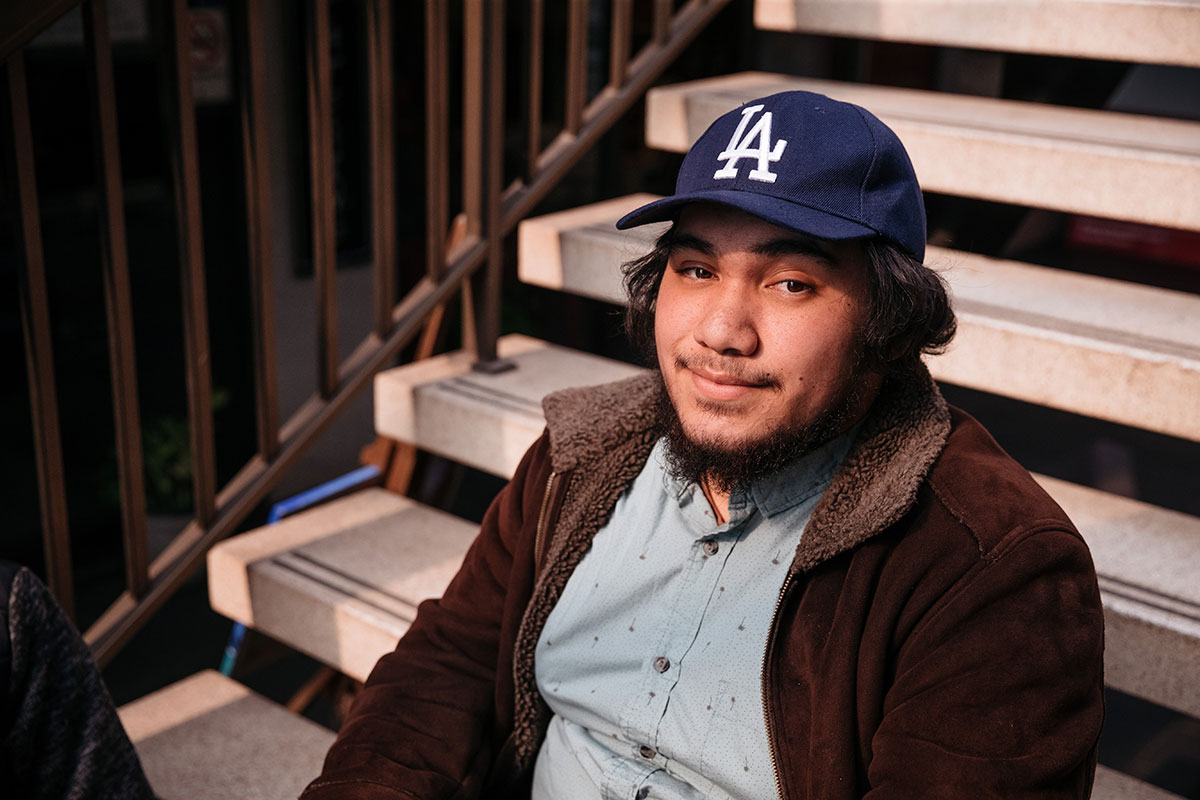Like all big changes in a young person’s life, family and friends can play an important role in guiding their young person to make the best choices for themselves.
Talking about consent and respectful relationships might bring up a range of thoughts and feelings for you. This can be particularly true if you’re unsure about the legalities or if you’ve experienced challenges in this area at times in your life.
You don’t have to be an expert to help your young person build healthy and respectful relationships.
What is sexual consent?
Sexual consent is an ongoing and freely given agreement between two (or more) people who are engaging in sexual activity together. Sexual consent applies to everyone regardless of gender, sexual orientation or relationship style.
In case you’re looking for some more specifics about consent, please see our detailed list we developed for young people of all the important elements of sexual consent.
Download our fact sheet for young people on understanding sexual consent
(PDF 285kb)
What does the law say?
The age that someone can consent to any kind of sexual contact varies slightly between state and territories in Australia. You can check which laws apply to your state or territory.
There are also different laws around consent and sexting/sending nudes. Find out more about sexting and the law.
Power and control
The law and certain professional codes of conduct also prevents certain people/occupations from engaging in sexual contact with a young person. This is because they may be seen as providing care for the young person and they have more power and control over the young person.
The following people/professions can’t engage in sexual contact with a young person:
- direct family members
- anyone who is seen to care for the young person. This can include teachers, tutors, sports coaches and religious leaders
- treating medical professionals including doctors, psychologists, social workers and support workers
- anyone providing legal representation or advice to the young person including lawyers and police officers.
How can I talk to my young person about consent?
Refreshing your own understanding of consent is a great first step. You can check out our consent resource for young people and have a look at the links provided in the other useful resources/websites section below.
Starting a conversation about consent and healthy relationships can help you learn more about what your young person already knows. One way you could do this is by relating the topic of consent to relationships they might see on TV shows, movies or with their friends.
Your young person may have other views on sexuality and relationships to you. This might feel challenging or awkward at times. It’s important for your young person to feel safe and respected when sharing their views or experiences with you. You can help them feel this way by keeping relaxed, open minded and curious when they talk to you.
Ongoing and regular conversations with your young person can help normalise conversations about consent and break down any stigma or shame they might feel about sex. This can help your young person feel comfortable to reach out to you for guidance and support in future. It can also be an opportunity for you to work out what extra support your young person might need as they navigate their way through romantic relationships and new experiences.
You can show your support for the many qualities and traits that make for healthy relationships by modelling and discussing them with your young person. Some common qualities of healthy relationships include trust, respect and communication. Find more information about healthy relationships.
Consent isn’t just important for your young person, it’s equally as important for you. It’s normal and healthy to reflect on your own experiences of consent and respectful relationships throughout your life. You can help guide a young person to decide what's considered OK and not OK behaviour.
If you’re worried about the safety and respect in your own relationships, please visit 1800RESPECT for more information.
Remember, you don’t need to have all the answers, but you can be someone that your young person speaks to for guidance about consent. Start conversations early and continue to talk as they navigate new and exciting relationships with others.
Your young person might feel awkward talking about this subject with you, and that’s OK. Let them know there is also professional support and a range of resources available. See below under our useful resources/websites for extra support.
Further information and support
Remember, professional support is available for both you and your young person. For more information, visit eheadspace for online and telephone support or find your nearest headspace centre.
Other useful resources/websites
Relationship resources and counselling: 1800RESPECT
Sexual assault and abuse helplines: healthdirect
The hard to have conversations: eSafetyCommissioner
The headspace Clinical Reference Group oversee and approve clinical resources made available on this website.
Last reviewed 8 June 2021
Get professional support
If you feel you need help there are a range of ways we can support you.

